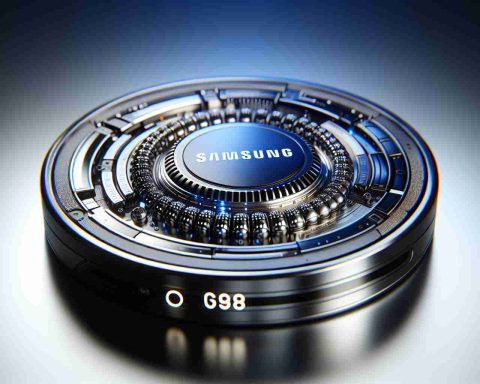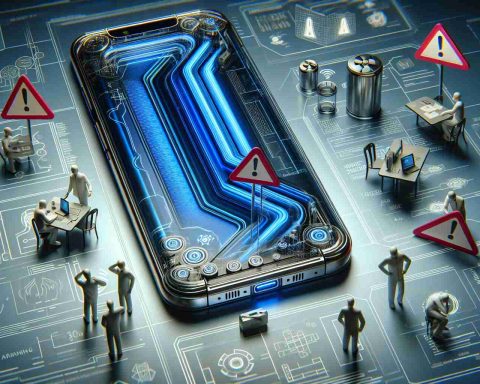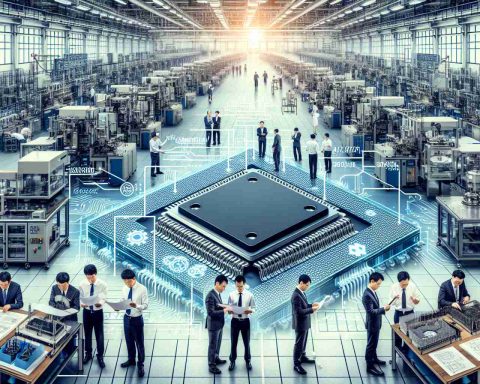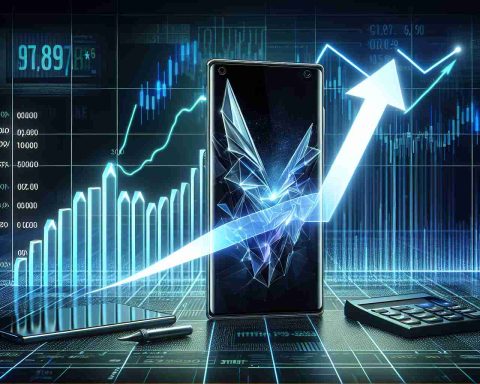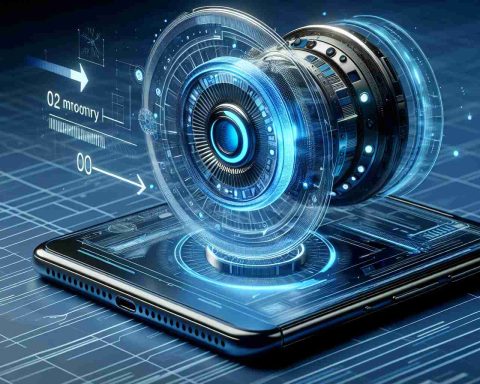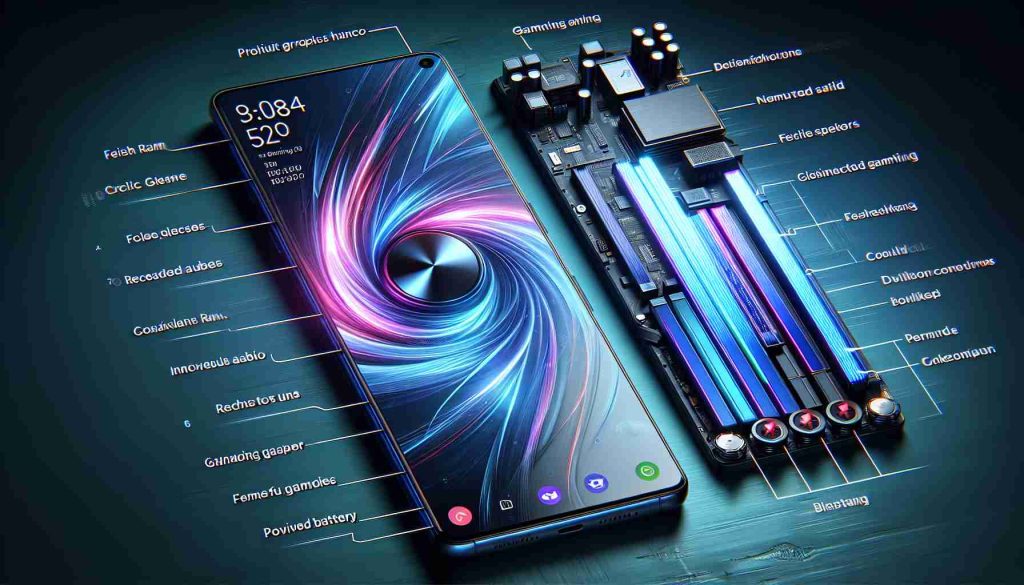In a significant move to boost shareholder value, Samsung Electronics has announced a major share buyback program valued at 10 trillion won, approximately $7.17 billion. This initiative, sanctioned by the Board of Directors, reflects Samsung’s commitment to enhancing the worth of its stakeholders over the coming year.
The company plans to implement the stock repurchase in phases. Starting from November 18, 2024, through February 17, 2025, Samsung will execute the first stage of this plan, involving the acquisition of shares worth 3 trillion won. This initial phase will see Samsung buying back 50.14 million common shares and 6.91 million preferred shares, both earmarked for cancellation to increase shareholder value.
The remaining buyback efforts will follow in subsequent phases. Samsung’s Board of Directors will determine the precise timing and methods for these future buybacks.
Despite challenges in its mobile chip segment from inventory adjustments, Samsung Electronics reported a healthy net income of $7.1 billion for the third quarter. Profit from the chip division stood at $2.8 billion, driven by robust demand for AI and data center solutions. Nevertheless, the company faced competitive pressure in high-bandwidth memory sales due to delays in NVIDIA’s AI chip certification, allowing competitors like SK Hynix and Micron to capture market share.
As Samsung executes its strategic initiatives, the company aims to reinforce its market position while delivering enhanced value to its investors.
The Hidden Impacts of Samsung’s Massive Buyback: Beyond Shareholder Profits
Introduction
Samsung Electronics’ decision to launch a massive share buyback program might primarily serve its shareholders, but this financial maneuver has wider repercussions that touch the lives of employees, market competitors, and the broader economy. While the multi-billion-dollar buyback will cancel shares to heighten shareholder value, what does this mean for everyone else?
Ripple Effects on the Tech Industry
Samsung isn’t just a leader in consumer electronics; it’s also a juggernaut in the global semiconductor industry. The buyback could signify confidence in its financial health, potentially influencing other tech giants to adopt similar strategies. This might stabilize stock prices across the board, offering a semblance of market certainty. Conversely, if rival companies perceive such buybacks as aggressive moves to dominate market share or tech innovations, it could ignite a competitive rush, affecting pricing, technology development, and potentially leading to a talent war.
Employee Morale and Investment
While a buyback often signals robust economic health, it occasionally sidetracks discussions about enriching employee well-being or investing in human capital. Some employees might feel overshadowed by shareholder priorities, questioning if resources could also enhance workforce skills or improve compensation packages. On the flip side, a financially secure Samsung is likely to have more resources for R&D and innovation, potentially safeguarding jobs and opening new projects.
Community and Economic Impact
Samsung’s massive influence extends to regions where its production facilities operate. The buyback could mean fewer resources allocated to local community projects or environmental investments. However, a financially solid Samsung could also be better positioned to invest in local economies long-term, maintaining its commitment to community involvement and sustainability.
Investment Strategies: A Double-Edged Sword?
For investors, Samsung’s share buyback program offers attractive prospects. Share prices could rise, and dividends might increase post-buyback. Nonetheless, this tactic is not without risk. Shareholders might question if buybacks are genuinely the best use of excess capital in a time of technological evolution and global challenges like climate change and supply chain issues.
Balancing Innovation and Shareholder Value
One has to ask: Is the focus on shareholder value conflicting with the need for technological advancement and sustainability? The preoccupation with returning value to shareholders might potentially diverge from necessary investments in green technology, digital transformation, or innovative product development.
Controversies and Questions
Critics argue that excessive buybacks manipulate stock prices and result in unequal wealth distribution. Is Samsung’s buyback reflective of a short-term vision in prioritizing stock prices over groundbreaking R&D strategies? The debate often centers around whether fiscal strategies genuinely serve long-term growth.
Conclusion
While shareholders are likely to cheer Samsung’s decision, the full spectrum of consequences extends far beyond dividends and stock prices. The company’s strategies will, directly and indirectly, affect market dynamics, influence economic conditions, and shape future technological progress.
For further perspective on corporate strategies and their implications, interested readers can explore resources from Financial Times and The Wall Street Journal.




